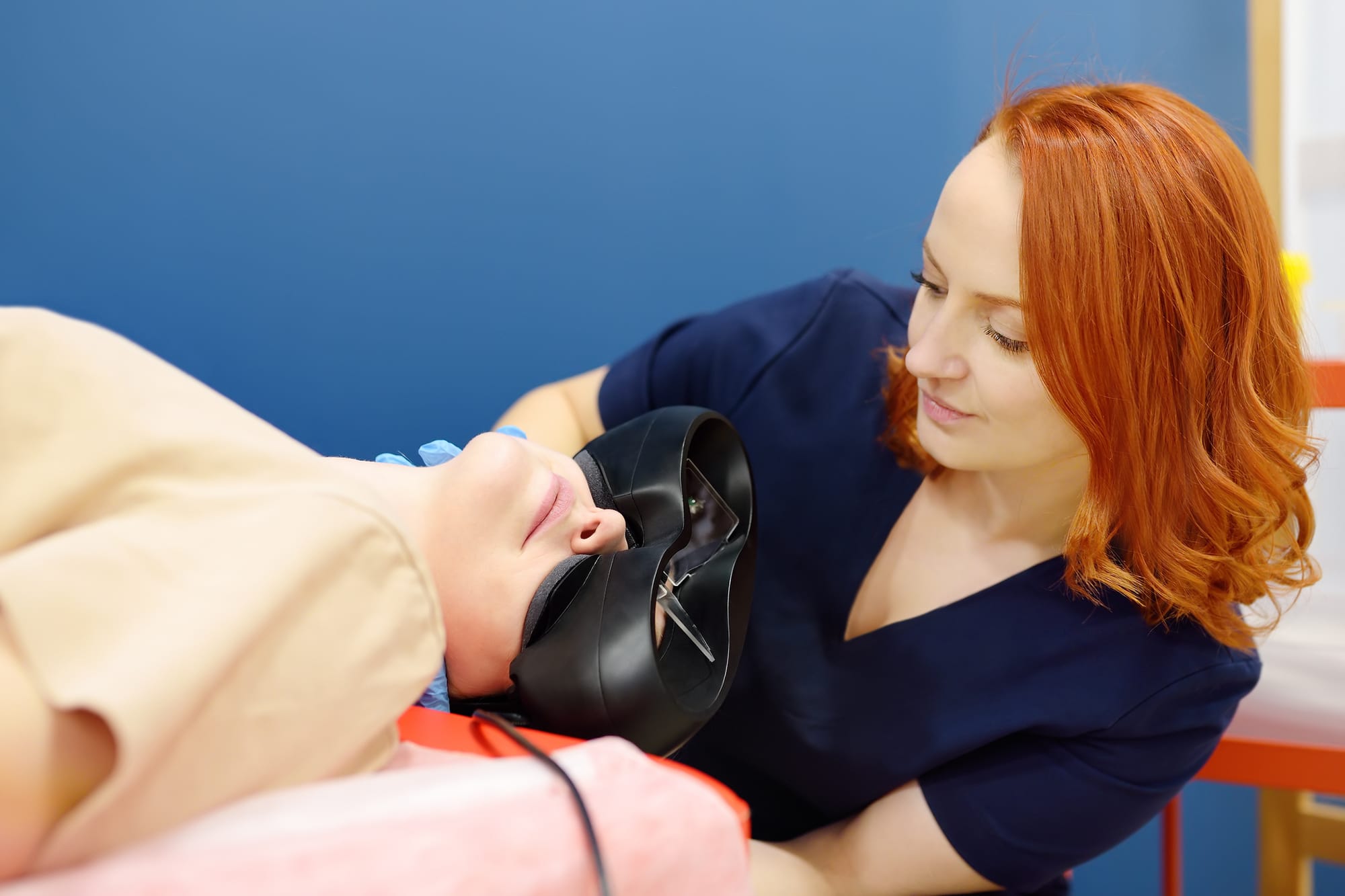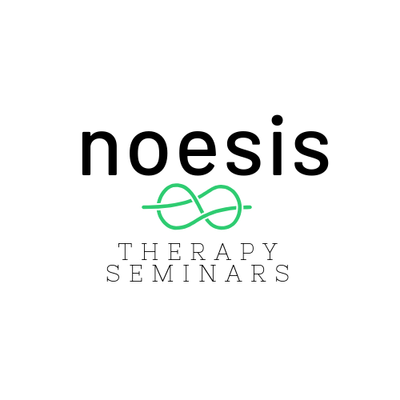The Importance of Finding a Qualified Vestibular Therapist

Vestibular therapy is a specialized form of physical therapy that focuses on treating disorders related to the vestibular system, which is responsible for providing our sense of balance and spatial orientation. Finding a qualified vestibular therapist is crucial for anyone experiencing balance issues, dizziness, or other vestibular problems. In this article, we will discuss the importance of finding a qualified vestibular therapist and how they can help you regain your quality of life.
1. Expertise and Knowledge
A qualified vestibular therapist possesses the necessary expertise and knowledge to assess and treat various vestibular disorders effectively. They have received specialized training in this specific field of physical therapy and are familiar with the latest research and advancements in vestibular rehabilitation. You can find specialized providers listed on the reputable Vestibular Disorders Association (VEDA) website
2. Proper Diagnosis
One of the key roles of a qualified vestibular therapist is to accurately diagnose the underlying cause of your vestibular symptoms. They will conduct a thorough evaluation of your symptoms, medical history, and perform specific vestibular tests to determine the root cause. A proper diagnosis is essential for developing an effective treatment plan.
3. Personalized Treatment Plans
Each individual's vestibular disorder is unique, and therefore, requires a personalized treatment plan. A qualified vestibular therapist takes into account your specific symptoms, medical history, and goals to create a tailored treatment plan that addresses your specific needs. They will utilize a combination of exercises and techniques to help alleviate your symptoms and improve your balance and coordination.
4. Specialized Techniques and Equipment
A qualified vestibular therapist is equipped with specialized techniques and equipment to effectively treat vestibular disorders. They are skilled in performing specific exercises and techniques that target the vestibular system and promote balance, stability, and spatial orientation. Additionally, they may use certain equipment, such as balance boards or virtual reality goggles, to enhance the effectiveness of the treatment.
5. Monitoring and Progress Evaluation
A qualified vestibular therapist will closely monitor your progress throughout the course of your treatment. They will regularly assess your symptoms and adjust your treatment plan accordingly. This ensures that you are making progress and achieving your goals. They will also provide guidance and support throughout the rehabilitation process, helping you stay motivated and committed to your treatment.
6. Education and Lifestyle Modifications
Aside from physical exercises and techniques, a qualified vestibular therapist will educate you about your condition and provide recommendations for lifestyle modifications that can help manage your symptoms. They will teach you strategies to cope with dizziness and improve your overall balance and safety. By empowering you with knowledge, they enable you to take an active role in your own recovery and long-term management of your vestibular disorder.
7. Addressing Psychological Factors
Vestibular disorders can often have psychological impacts, such as anxiety, depression, and fear of falling. A qualified vestibular therapist understands the psychological aspects and can provide appropriate support and guidance. They can help you develop coping mechanisms, manage anxiety, and address any emotional challenges you may be facing as a result of your vestibular disorder.
8. Enhanced Quality of Life
By seeking the help of a qualified vestibular therapist, you are taking a significant step towards improving your overall quality of life. Vestibular disorders can have a profound impact on your daily activities, relationships, and overall well-being. With the guidance and expertise of a qualified therapist, you can regain your independence, participate in activities that you enjoy, and experience a better quality of life.
9. Long-Term Management
A qualified vestibular therapist not only focuses on short-term symptom relief but also provides strategies for long-term management of your vestibular disorder. They will educate you on exercises and techniques that you can continue to practice independently to maintain your progress and prevent future relapses. They may also recommend periodic follow-ups to ensure that your symptoms are effectively managed.
10. Collaboration with Other Healthcare Professionals
A qualified vestibular therapist often works in collaboration with other healthcare professionals, such as otolaryngologists (ENT specialists) or neurologists, to ensure comprehensive and coordinated care. They may consult with these specialists to gain a deeper understanding of your condition and incorporate their expertise into your treatment plan. This collaborative approach ensures that you receive the best possible care for your vestibular disorder.
In conclusion, finding a qualified vestibular therapist is paramount for anyone experiencing vestibular disorders. Their expertise, personalized treatment plans, specialized techniques, and equipment can significantly improve your symptoms and overall quality of life. By working with a qualified therapist, you can regain your balance, stability, and confidence, allowing you to enjoy life to the fullest.
